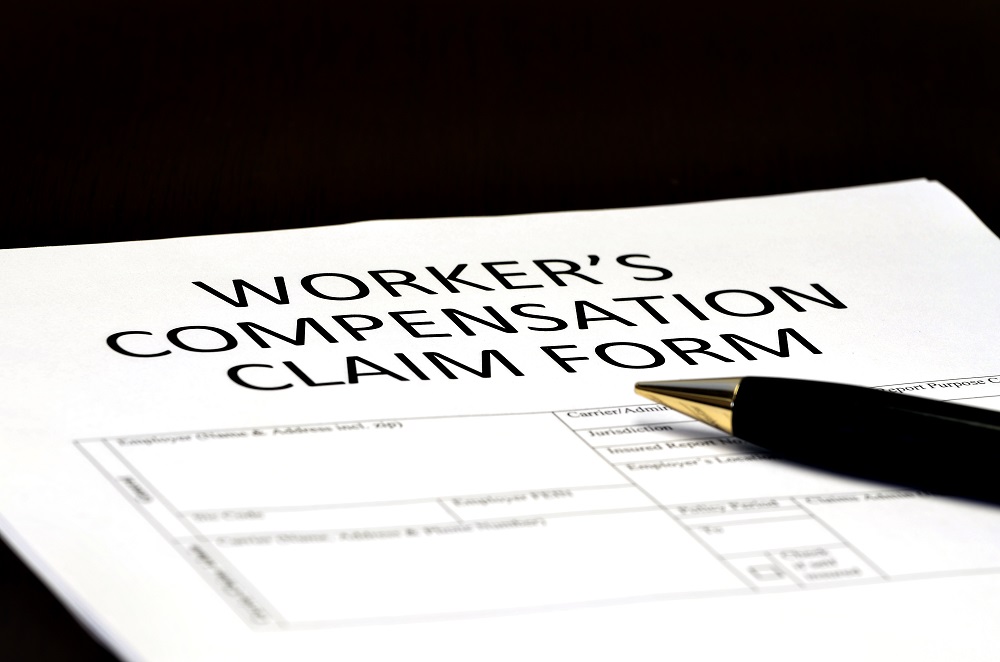Most people never want to deal with the intricacies of worker’s compensation or disability benefits. It can be difficult to navigate these programs, especially on your own. This is why it’s always recommended that you work with an attorney or another expert to help you through the process. Unfortunately, there are also a number of misconceptions surrounding worker’s compensation and SSD benefits. They can be received together, but there are details that matter. While receiving your SSD benefits, you may also be eligible to engage in other programs such as the Social Security Ticket to Work program. There are many avenues open to you, and you may qualify for either temporary or ongoing benefits.
Temporary or Ongoing
Worker’s compensation insurance isn’t designed to be something you depend on for an extended period of time. It’s a form of temporary assistance. Once you’re cleared by a physician, return to employment, or you have reached the limit of the covered period, you will no longer receive worker’s compensation.
SSD may provide benefits far beyond the period covered by worker’s compensation. Your disability benefits could continue for the rest of your life. Chronic illness, severe injury, or other conditions that render you unable to work and, therefore, fully disabled could determine that you will have SSD benefits for the rest of your life. There is no preset limit, such as weeks or months, when it comes to disability benefits.
State and Federal
It’s important to note that worker’s compensation is varied by the state, whereas SSD is a federal program. Speak with experts or an attorney who works in your state to learn more about worker’s compensation. The documentation needed, requirements, guidelines, and time period can vary considerably. Worker’s compensation could continue for no more than a few weeks or for a couple of years.
When it comes to disability benefits, federal guidelines are followed. However, laws can change, and benefit amounts or requirements are sometimes subject to change. The cost of living is one such factor. If you are deemed to be permanently and fully disabled, you could receive SSD benefits for many years.
However, your total income could impact your benefits. If you are currently receiving both worker’s compensation and SSD benefits, the total amount received cannot exceed 80 percent of the average current earnings you made prior to the disability. This effectively creates a hard cap on the total benefits available to you. Other income might also be considered.

Other Income
As you know, once you’ve returned to work, you’ll no longer receive worker’s compensation, or if you’ve been cleared by a physician to return to work. The result is that worker’s compensation doesn’t tend to be ongoing for an extended period. However, SSD can continue for quite some time, and your gainful employment is limited under the Social Security Administration’s guidelines.
Some income isn’t affected. If you have a personal injury settlement due to an accident at work, the settlement doesn’t negatively impact your SSD. Other protected income, such as a trust, may also be immune. In most cases, a pension won’t affect your SSD benefits either.
So yes, you can receive both worker’s compensation and SSD benefits at the same time, although there is a limit in place. Fortunately, other resources are also available to you. Both temporary and long-term assistance is possible. The Ticket to Work program Social Security requirements accommodate most recipients. Contact DisABLEd Workers at 877-291-9806 to find out if you qualify.

